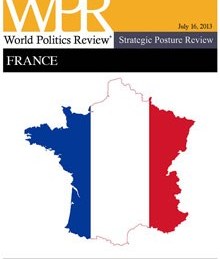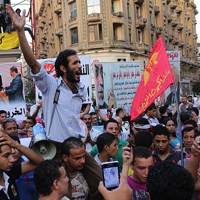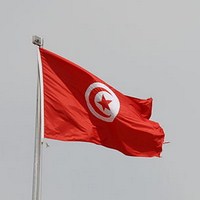
Since coming to office in January 2011, Brazilian President Dilma Rousseff has had to contend with annual economic growth slumping from 7.5 percent to 0.9 percent. Rather than introducing economic reforms—the president interpreted her mandate as one of continuing the policies set out by her predecessor, Luiz Inacio Lula da Silva—Rousseff’s team blamed a strong Brazilian currency for slow growth and nagging inflation. So, given that the value of the Brazilian real fell 10 percent against the dollar from May to June, reaching a four-year low, one would expect the government to be celebrating the new opportunity to export Brazilian […]













